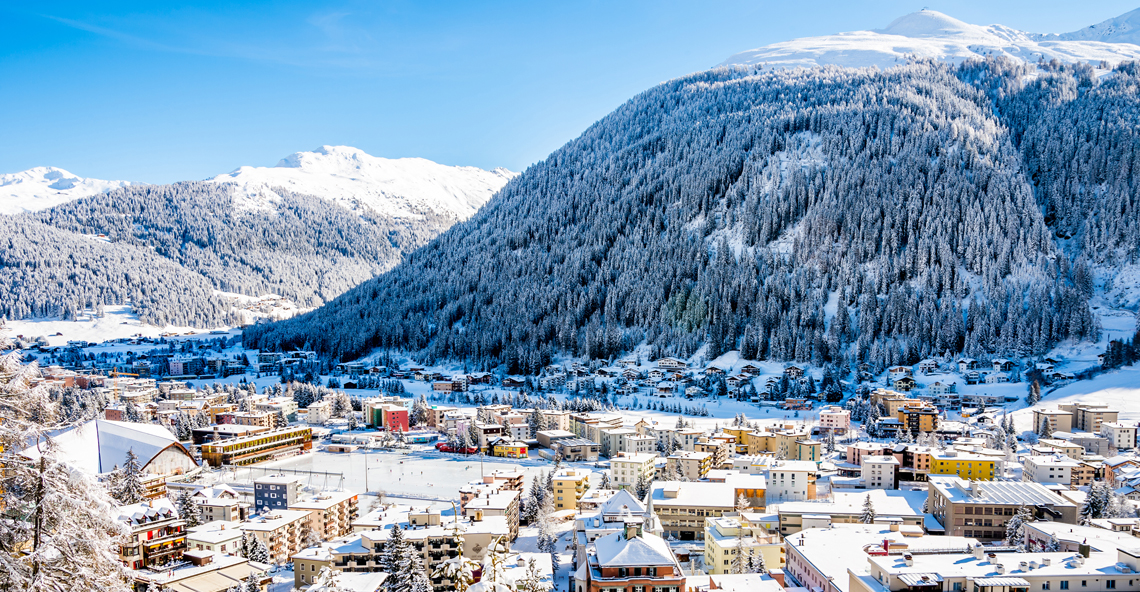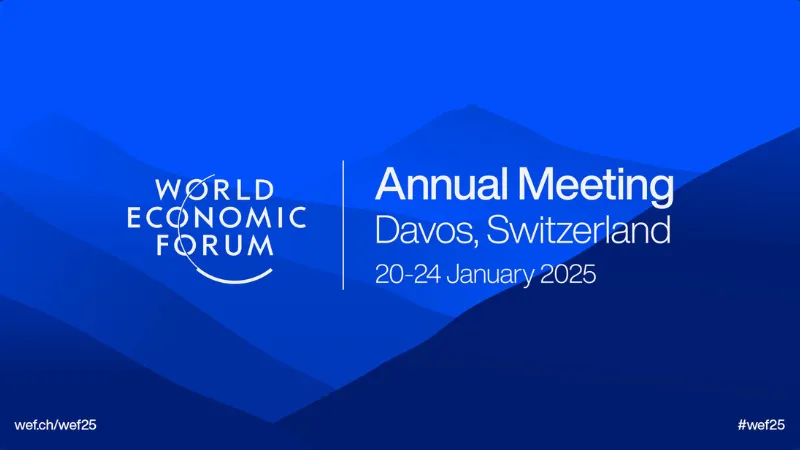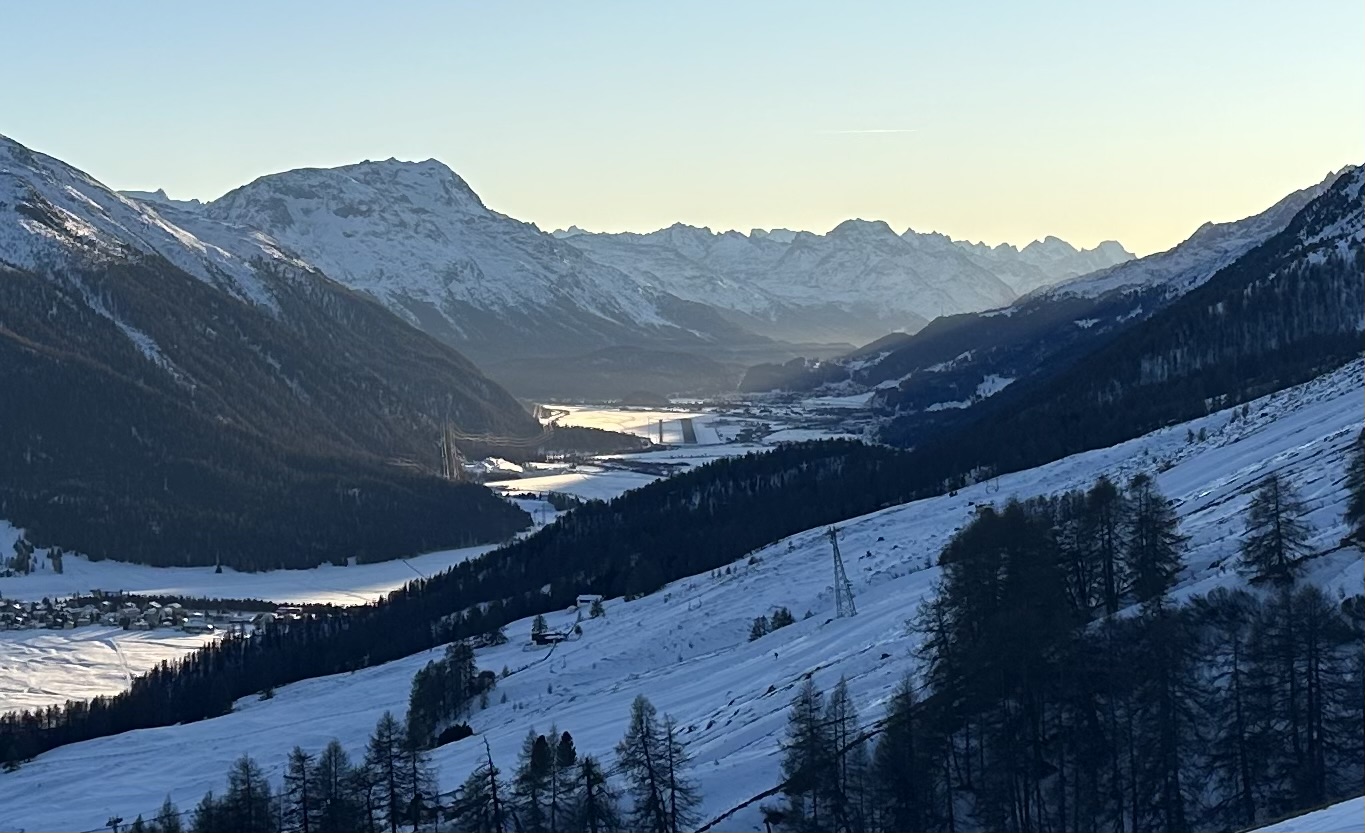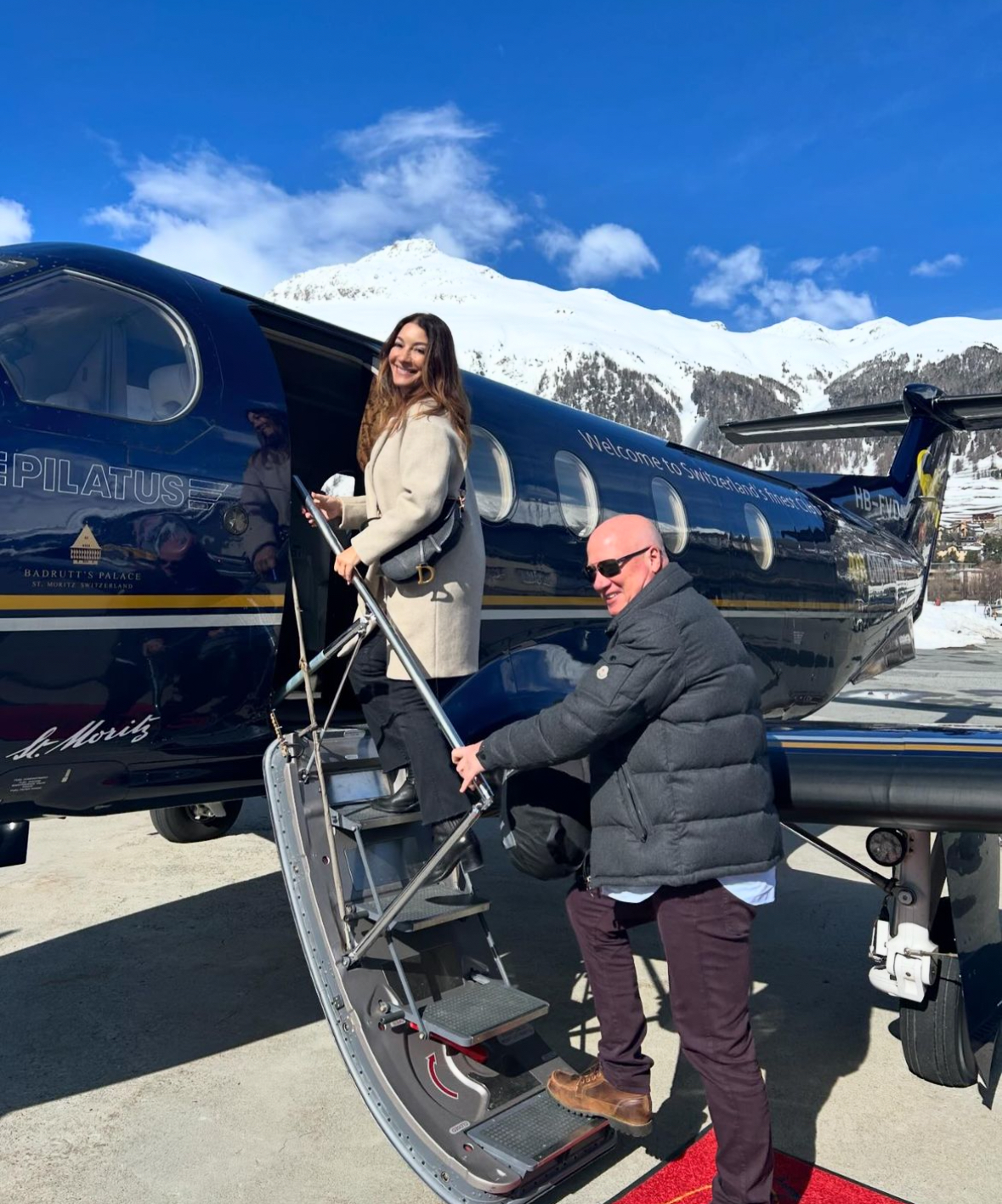
The World Economic Forum is back in the Swiss Alps for its 55th year from January 20 to 24, 2025. Every year for over half a century, the world’s political and industrial elite descend on the small alpine village of Davos and turn the ski resort into the schmooze-fest of the movers and shakers in the world’s global economy. Heralded as ‘The place where leaders meet,’ the ski village hosts around 2,500 influential guests through a week of panels, presentations, and invite-only break-out sessions. This year, the program includes more than 300 sessions (200 of which are livestreamed to a global audience) aimed at accelerating progress and addressing global challenges.
This year, between 200-300 internationally protected persons are in attendance, including approximately 60 heads of state and government, ministers, and representatives from international organizations. Many of these high-profile attendees will arrive by private jet into Samedan airport near St. Moritz. In addition, around 1,600 business leaders from over 130 countries are expected to also attend, and Zurich airport is anticipating an additional 1,000 flights during this period (compared to approximately 750 flights into Zurich per day). While a definite guest list for 2025 has not been confirmed for security reasons, it is anticipated that, amonst others, Javier Milei (President of Argentina), Ursula von der Leyen (President of the European Commission), Ding Xuexiang (Deputy Prime Minister of China), Ilham Aliyev (President of Azerbaidzhan), Mostafa Madbouli (Prime Minister of Egypt), Isaac Herzog (President of Israel), Tharman Shanmugaratnam (President of Singapore), and Volodymyr Zelensky (President of Ukraine) will attend. U.S. President Donald Trump will attend the conference via video link.

What makes Davos so attractive for these most influential attendees is that aside from the guaranteed discretion in Switzerland, Davos can only be reached by one road, making it easy to safeguard against terrorist attacks or violent left-wing protests. Each year, the Swiss Army descends on the two entry points on either side of the valley and monitors everyone who enters with Swiss precision. There are checkpoints at key access roads and bridges as well as at Samedan airport near St. Moritz, where many attendants fly in on private jets (it is not a commercial airport). Swiss authorities coordinate a comprehensive security plan, involving up to 5,000 armed forces personnel and inter-cantonal police collaboration. Measures include restricted airspace, controlled helicopter traffic, and strict entry checkpoints. Freedom of opinion and peaceful demonstrations are encouraged, but unauthorized protests are dealt with firmly. Tourism in Davos is generally unaffected during the WEF, though personal, vehicle, and baggage checks at access points may cause delays.

The event’s security costs, estimated at CHF 9 million annually, are shared under a three-tier finance model involving the WEF Foundation, the federal government, the Canton of Graubünden, and the commune of Davos.
Locals in Davos, however, are less impressed each year by the circus descending on their village. Access to basic infrastructure becomes difficult or at times impossible, as certain areas and roads are blocked off for the week, including around the Congress Center / Kongress Hotel / Hotel Hilton Garden Inn; the AlpenGold and Belvédère hotels; the ice rink and the Lago heliport incl. the lake car park and meadow. Prices explode to a manifold of their usually already high rates. A five-night stay in one of Davos’ nicer hotels blows out to CHF 25,000 (USD 29,000), and even basic hotels charge CHF 1,000 (USD 1,160) per night. Luxury chalets in Davos also quintuple their prices and are known to fetch between CHF 500,000 and CHF 1 million for the week. According to Swiss newspaper Blick, there are even reports of landlords forcing out tenants for the WEF week to earn a few extra thousand franks for the week.
Regardless of what locals or critics might think of the WEF, it does not appear the world’s economic elite has any plans of abandoning its annual get-together despite an estimated cost of $40,000 per delegate. While there is no proven direct economic value of a delegate’s attendance for a company, absence from the prestigious annual event might send a troubling message about a company’s economic position or its significance on the global stage.
